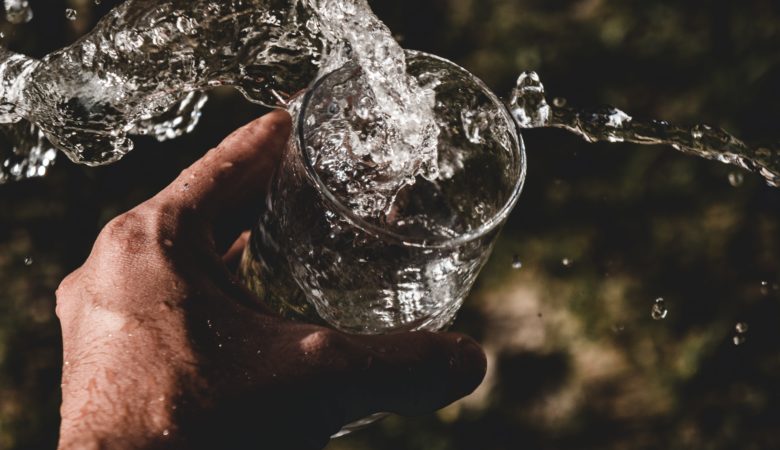Put Down the Soft Drinks: Your Brainpower Depends on Healthy Hydration

By now, you’ve probably clued into the fact that soda isn’t good for you. It’s hard to miss the message. Some people assume that only includes sugary drinks. Since diet soda uses artificial sweeteners, it’s a low calorie treat that won’t harm anything—right? What if you knew that every time you grabbed a Diet Dr. Pepper, you were increasing the possibility of neurological disorders? Would you still drink it?
Here’s the bad news: artificial sweeteners have been linked to an increased risk of stroke and dementia. Sugary soft drinks aren’t much better. They also come with added risk of obesity, poor dental health and other maladies.
If you can quit the soft drink addiction entirely, so much the better. Here’s why you need to consider healthier forms of hydration.
Artificial sweeteners: low in calories, high in health risk
A 2017 study suggests that artificial sweeteners cause a higher risk of stroke and dementia. In fact, regularly drinking diet sodas triples your risk for these ailments—even when the study adjusted for other risk factors, such as age, weight, smoking, diet and exercise levels.
What’s worse is that diet soda has also been linked to depression (when you drink four or more cans per day), kidney damage and type 2 diabetes. If you drink diet soda because you want to stay healthier, bear in mind that it’s not really a healthier choice at all.
Unfortunately, regular sodas aren’t much better. While they’re not linked to a higher risk of stroke and dementia, they come with their own set of problems. Those extra calories add up fast, leading regular soda drinkers to put on weight. If you don’t brush your teeth after each drink, the sugar and acid content will eat away at the enamel on your teeth, causing cavities. Plus, sugar is addictive. The more you consume it, the more you will crave it. Sugar has a profound effect on our brains and bodies—which makes it even more cruel that “diet” sodas come with their own set of serious health risks.
When it comes to soda, it seems like you just can’t win—so maybe it’s time to swap out your sweet soda addiction with something healthier.
What to drink instead
No discussion of healthy hydration can start off without mentioning water. Plain water is the best way to keep yourself hydrated, without the risks of dementia, stroke, kidney damage, depression and obesity. If you’re one of the many people who just can’t bring themselves to drink water on its own, however, there are some solutions.
If you love the sharp, cold carbonation that sodas provide, club soda or seltzer water are a smart alternative. They’ll still give you that enjoyable fizzing sensation, but without the added sugar or artificial sweeteners. Need something with a little more flavor? Try a flavored sparkling water, or add a few dashes of cocktail bitters to your club soda.
Kombucha is also a great alternative when you love carbonation. Plus, it’s packed with gut-enhancing probiotics, which help you digest and process your food intake. If you’re sensitive to alcohol, you may want to skip this one: kombucha contains trace amounts of alcohol. (Not enough to make your 8am meeting more exciting, but enough that it can bother people with sensitivities.) Check the label for nutritional content.
If you primarily pick up sodas for the caffeine rush, consider switching to coffee—just skip the sweeteners and full-fat dairy, especially if you’re on a diet. A Frappuccino might taste good, but they’re essentially a caffeinated milkshake. Coffee lowers your risk of depression by 10 percent, too.
Better yet, reach for some tea. A regular cup of tea may lower your risk of Alzheimer’s by a whopping 86 percent. Make sure you pick a blend with actual green or black tea leaves, since they contain the ingredients that will fight the disorder. Herbal blends may not offer the same Alzheimer’s-fighting health benefits—but it’s still guaranteed to be a pretty soothing beverage. Plus, tea contains plenty of caffeine, which will help power you through your workday.
The bottom line
Maybe you’re in your 20s and the idea of stroke and dementia seems laughably far off. Maybe you just can’t find anything else that satisfies your soda cravings. Whatever your reason for drinking sodas, though, it’s wise to break the habit as soon as possible. The research clearly shows that they have a harmful effect on your health—so start reaching for an alternative beverage instead.

